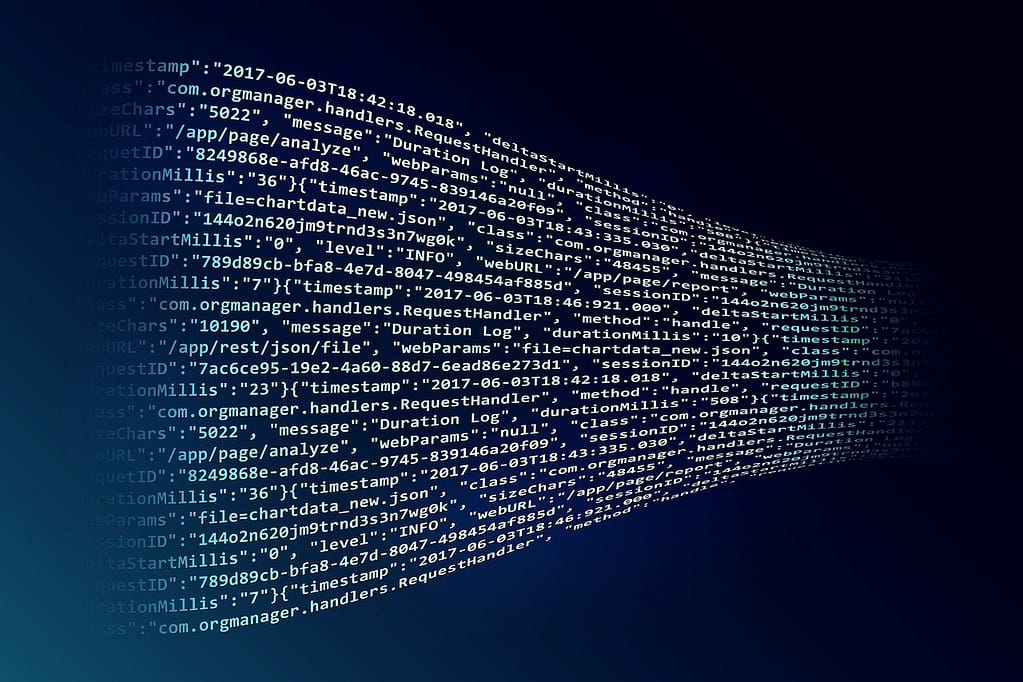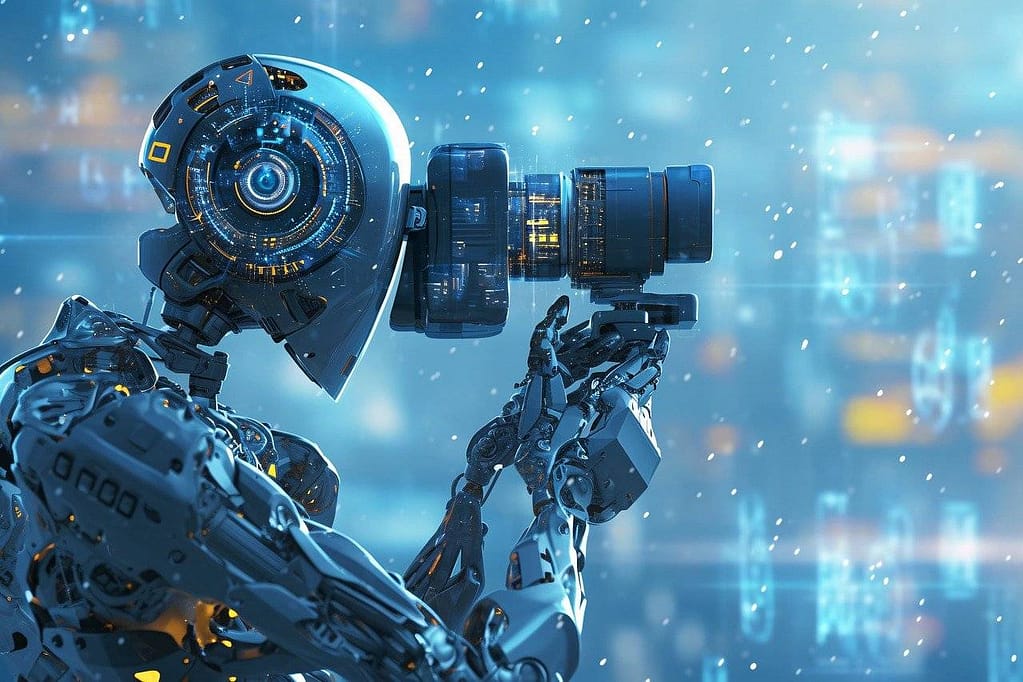AI is transforming the world as we know it. AI’s rapid advancement and widespread applications enable us to solve complex problems, make informed decisions, and improve our daily lives. In the real world, artificial intelligence is used in a variety of fields.
From automating repetitive tasks to improving decision-making, AI is transforming every industry. Learn about the rise of artificial intelligence, its benefits, challenges, and how it affects our lives. Discover the ethical implications and how they influence our future.

What is Artificial Intelligence?
Artificial intelligence (AI) is the ability of machines to simulate human intelligence, such as learning, reasoning, and self-correction. AI enables machines to perform tasks that would normally require human intelligence, such as speech recognition, natural language understanding, and decision making.
How does Artificial Intelligence work?
AI works by analyzing data and developing algorithms that allow machines to learn and make decisions autonomously. These algorithms use mathematical models and statistical analysis to detect patterns, categorize data, and make predictions.
Benefits of Artificial Intelligence
Artificial intelligence offers many benefits, including:
- Efficiency: AI can automate repetitive tasks, allowing more time for strategic work.
- Accuracy: AI can reduce errors while increasing accuracy, resulting in better outcomes.
- Personalization: By analyzing user behavior, preferences, and needs, AI can provide personalized experiences.
- Scalability: Artificial intelligence can scale quickly, allowing businesses to broaden their reach and capabilities.
Challenges of Artificial Intelligence
Despite its many benefits, AI also presents challenges, including:
- Bias: AI algorithms can perpetuate and amplify biases, resulting in unfair and discriminatory outcomes.
- Security: AI is vulnerable to hacking and cyberattacks, which pose security risks.
- Regulation: AI is largely unregulated, raising ethical concerns and legal uncertainty.
- Job displacement: Artificial intelligence can automate jobs, resulting in job loss and unemployment.
AI and Ethics
As AI becomes more prevalent, ethical concerns are emerging, including:
- Privacy: AI’s ability to collect and analyze massive amounts of data raises privacy concerns.
- Transparency: AI algorithms can be complex and difficult to understand, raising transparency concerns.
- Accountability: As AI becomes more autonomous, determining responsibility for decisions and actions becomes increasingly difficult.
- Fairness: To ensure social equity and justice, AI algorithms must be fair and unbiased.
Applications of Artificial intelligence
Artificial intelligence is being used in various fields, including:
- Healthcare: Artificial intelligence is being used to diagnose diseases, create new drugs, and personalize treatment plans.
- Finance: Artificial intelligence is being used to detect fraud, forecast market trends, and automate trades.
- Education: Artificial intelligence is being used to personalize learning, provide feedback, and track progress.
- Transportation: Artificial intelligence is being used to create self-driving vehicles, optimize traffic flow, and improve safety.
AI and the Future
The rise of artificial intelligence is transforming the world, and its impact will only grow. As AI advances, it is critical to consider the potential consequences and ensure that it is used ethically and responsibly.
FAQs
- What is artificial intelligence? Artificial intelligence refers to the ability of machines to mimic human intelligence, including learning, reasoning, and self-correction.
- How does AI work? AI works by analyzing data and creating algorithms that enable machines to learn and make decisions automatically.
- What are the benefits of AI? The benefits of AI include efficiency, accuracy, personalization, and scalability.
- What are the challenges of AI? The challenges of AI include bias, security, regulation, and job displacement.
- What ethical concerns arise from the use of AI? Ethical concerns arising from the use of AI include privacy, transparency, accountability, and fairness.
- What fields are using AI? AI is being used in various fields, including healthcare, finance, education, and transportation.
- What is the future of AI? The future of AI is changing the world, and its impact will only continue to grow. As AI becomes more advanced, it’s essential to consider its potential consequences and ensure that it’s used ethically and responsibly.
To summarize, artificial intelligence is transforming the world as we know it. By analyzing data and developing algorithms, AI can automate tasks, make decisions, and personalize user experiences. However, as with any technology, it is critical to consider the ethical implications and ensure that it is used responsibly. With proper regulation and oversight, AI has the potential to help us solve complex problems, make informed decisions, and improve our daily lives. It is up to us to realize its potential and apply it for the greater good.
Thank you for reading this article about the rise of artificial intelligence in the real world.
Join our Quora community to get your questions answered if you have any more.




